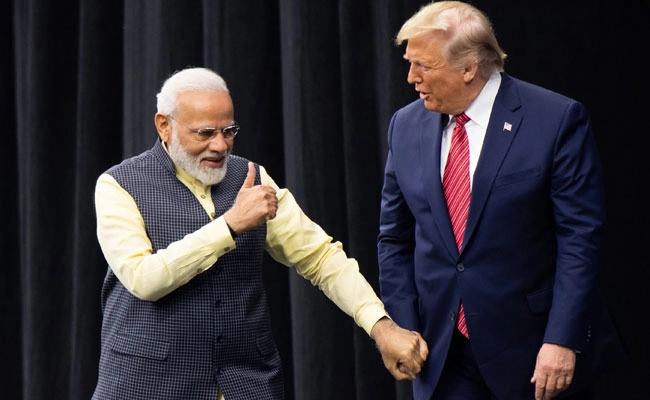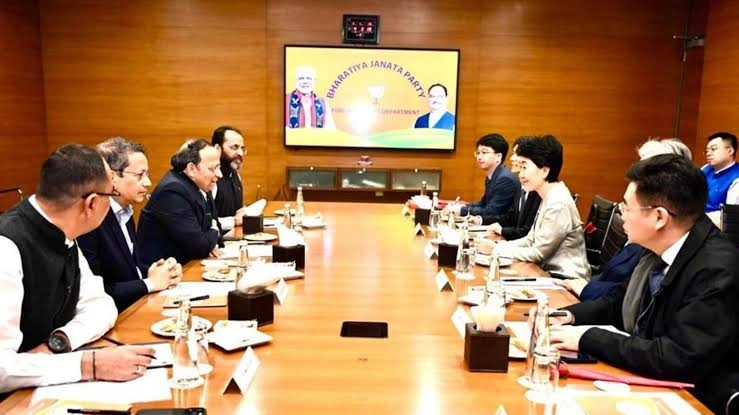In a recent statement, the Chinese Ambassador has expressed strong criticism towards former President Donald Trump regarding the imposition of significant tariffs on Indian goods. The Ambassador’s remarks highlight the diplomatic tensions that have emerged in the wake of Trump’s trade policies, which have had far-reaching implications not only for India but also for global trade dynamics. The imposition of 50% tariffs on a range of Indian products has been perceived as an aggressive economic maneuver, aimed at reshaping trade relationships and asserting American dominance in international markets.
The Ambassador’s comments suggest that such actions are reminiscent of bullying tactics, aimed at undermining the economic stability of nations that do not align with U.S. interests. This perspective underscores the growing frustration among countries like China, which view these tariffs as not merely economic tools but as instruments of geopolitical strategy. The implications of these tariffs extend beyond immediate economic effects, potentially straining diplomatic relations and fostering an environment of mistrust among nations.
Furthermore, the Ambassador’s critique reflects a broader narrative surrounding the trade tensions that have characterized U.S.-China relations in recent years. As global markets continue to evolve, the reliance on tariffs and other protective measures raises questions about the future of international trade and cooperation. The call to “give the bully” a response resonates strongly as countries navigate the complexities of engaging with a dominant economic power that often employs aggressive tactics to achieve its objectives.
In this context, the remarks serve as a reminder of the intricate balance that nations must maintain in their diplomatic and economic engagements. As the global community continues to grapple with the consequences of unilateral trade decisions, it becomes increasingly clear that collaborative approaches may be necessary to foster a more stable and equitable international trading system. The Chinese Ambassador’s denunciation of Trump’s tariffs not only reflects a specific discontent with U.S. policy but also signals a call for a more balanced and fair approach to global trade relations.




